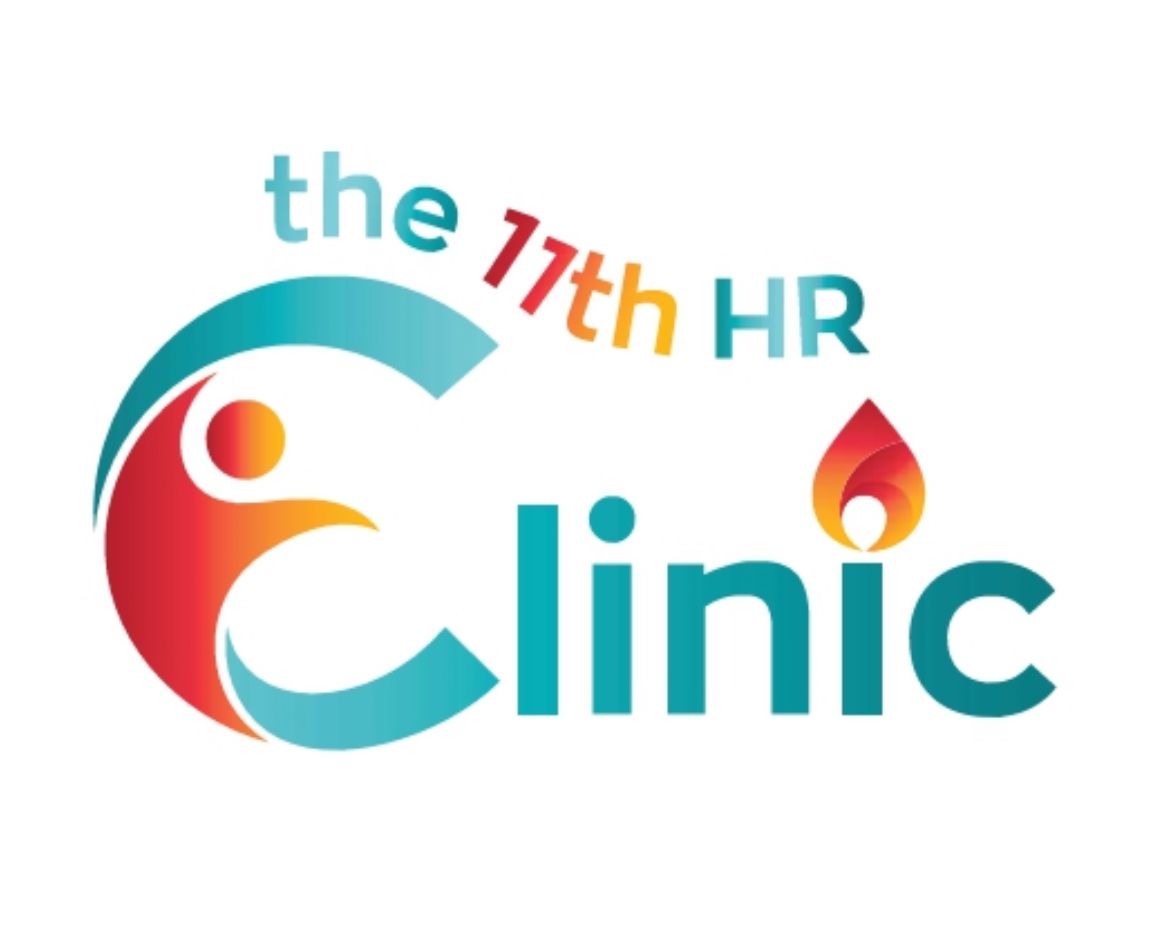Critical Incident Response Services
In today’s unpredictable world, any organisation can be affected by sudden, high-stress events. Our Critical Incident Response Services provide structured, professional support to help teams navigate and recover from these challenging experiences. Whether it's a workplace accident, natural disaster, violent event, cybersecurity breach, or public health emergency, our team is here to help you respond swiftly, protect your people, and restore stability.
What Is a Critical Incident Response?
A Critical Incident Response is a coordinated approach to managing unexpected events that pose a threat to safety, operations, or psychological well-being. The goal is to minimise disruption, reduce harm, and support recovery physically and emotionally. These events can happen anywhere, but are especially important to manage in high-risk or high-pressure industries. That said, no business is immune, and being prepared is vital.
Key Phases of a Critical Incident Response
Our approach typically includes the following phases:
- Immediate Assessment
Evaluating the nature, severity, and potential consequences of the incident.
- Emergency Action
Activating safety protocols and ensuring people are protected.
- Communication
Informing employees, emergency services, stakeholders, and the public as needed.
- Containment & Mitigation
Managing the situation to prevent further harm or disruption.
- Support & Recover
Offering emotional, psychological, or logistical support to those affected.
- Investigation & Documentation
Reviewing the incident to understand what happened and why.
- Debriefing & Continuous Improvement
Conducting post-incident reviews to improve future response strategies.
Critical Incident Debriefing
After a traumatic or high-stress event, we provide Critical Incident Debriefing, a structured, supportive conversation that helps individuals and teams process the event and begin to recover. This process is widely used in emergency services, healthcare, military, and corporate settings to reduce psychological harm and promote resilience.
Goals of a Debriefing Session
- Emotional Processing
Giving individuals space to share and validate their emotional responses.
- Psychological Support
Identifying signs of stress, trauma, or PTSD and guiding people toward further care if needed.
- Clarifying the Event
Providing accurate information to reduce confusion and dispel rumors.
- Building Team Support
Strengthening group cohesion and shared understanding after the incident.
- Preventing Long-Term Effects
Helping to reduce the risk of chronic stress, absenteeism, or burnout.
What to Expect in a Debriefing Session
- Introduction
Creating a safe, confidential space and setting expectations for the session.
- Event Review
Discussing the facts of what occurred, without blame or judgment.
- Thoughts & Reactions
Allowing participants to express their experiences and emotional responses.
- Symptoms & Coping Strategies
Talking about common stress reactions and healthy ways to manage them.
- Education & Resources
Offering guidance on stress management and available support services.
- Closure & Follow-Up
Reinforcing support networks and outlining any next steps.
We’re Here to Help
Our team offers comprehensive critical incident stress management services to help organisations respond effectively, support their teams, and foster long-term resilience.
Ready to support your team with professional, compassionate care?
- Call our head office on 07 3303 0364 to speak with a member of our team
- Submit an online enquiry and we’ll get back to you via phone or email
- Email us at hello@11thHRclinic.com.au with your request and we’ll get back to you

